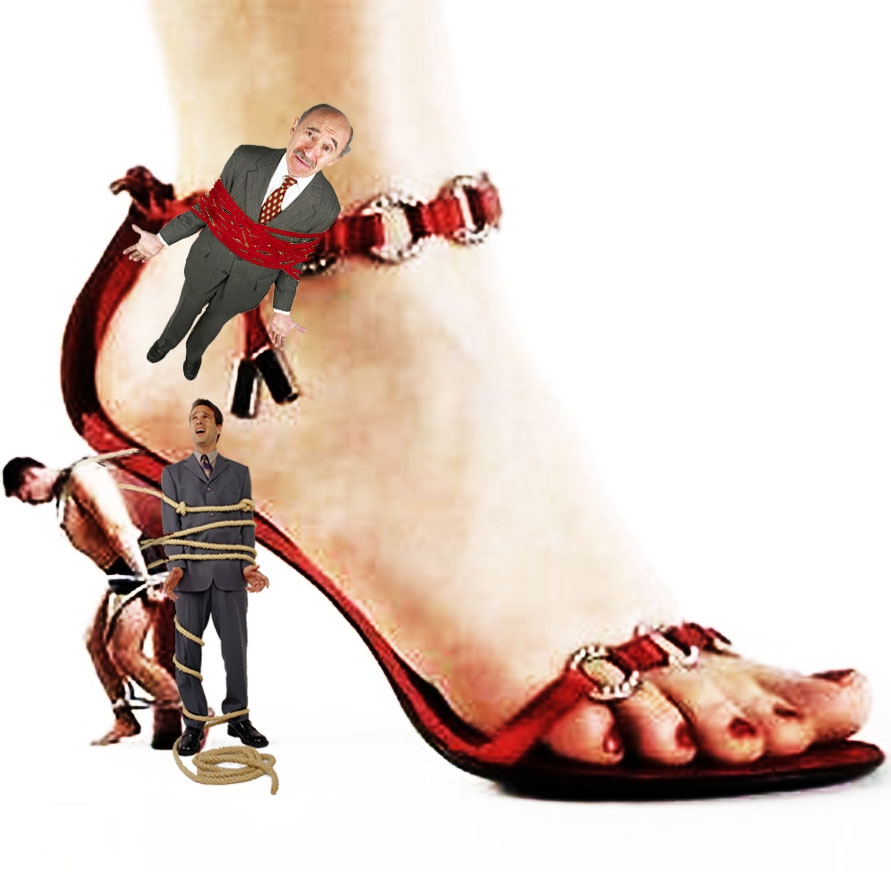
Is playing football like falling in love? That question, which would perhaps not occur to most of us watching hours of the bruising game this holiday season, is the focus of a provocative and growing body of new science examining the role of oxytocin in competitive sports.Oxytocin is, famously, the "love hormone," a brain peptide known to promote positive intersocial relations. It makes people like one another, especially in intimate relationships. New mothers are awash in oxytocin (which is involved in the labor process), and it is believed that the hormone promotes bonding between mother and infant.New-formed romantic couples also have augmented bloodstream levels of the peptide, many studies show. The original attraction between the lovers seems to prompt the release of oxytocin, and, in turn, its actions in the brain intensify and solidify the allure.
踢球好似谈恋爱?当我们在假期日夜追看精彩比赛时,恐怕很少有人想到这一问题,然而在研究后叶催产素对竞技运动的影响时,它已经成为众多研究者的关注焦点。后叶催产素,即著名的“爱情荷尔蒙”,是一种由脑下垂体分泌、能促进人际关系的荷尔蒙。它能增加人类彼此的好感,特别在亲密关系中作用尤为明显。女性在生产和哺乳过程中也会大量分泌后叶催产素——它能增进母亲和婴儿之间的感情。大量研究证明,情侣在刚刚确定关系时,体内的后叶催产素含量会大幅上升。情侣间的原始吸引力促成后叶催产素的释放,后叶催产素又反过来加强和稳固彼此间的吸引力。
Until recently, though, scientists had not considered whether a substance that promotes cuddliness and warm, intimate bonding might also play a role in competitive sports.But the idea makes sense, says Gert-Jan Pepping, a researcher at the Center for Human Movement Sciences at the University of Groningen in The Netherlands, and the author of a new review of oxytocin and competition. "Being part of a team involves emotions, as for instance when a team scores, and these emotions are associated with brain chemicals."In the shootouts, he says, each player almost certainly had experienced a shared burst of oxytocin, and in the rush of positive feeling, had shot better.
尽管如此,科学家直到最近才开始思考:这种物质既然能拉近人与人的距离,提升彼此之间的亲密关系,那么它是否也会对竞技运动产生影响?这一想法不无道理,戈特-让·佩平(Gert-Jan Pepping)如此认为。佩平博士是荷兰格罗宁根大学(University of Groningen)人类运动学研究中心的研究员,他发表了一篇新的论文, 探讨后叶催产素与竞争的关系。“参与球队与情绪有关,比如当球队得分时;这些情绪又离不开大脑分泌的化学物质。”佩平解释说,在点球大战中每一位球员几乎都会出现后叶催产素的释放,心中进而涌起积极乐观的情绪,因此射得更准。
More telling, in a study presented last month at the annual meeting of the Society for Neuroscience in New Orleans, male prairie voles that exercised by running on wheels over six weeks displayed changes in their nervous systems related to increased oxytocin production and bonded rapidly and sturdily with new female cage cohabitants, while unexercised males showed little interest in any particular mate."Lots of stresses can trigger oxytocin release, among them exercise," says William Kenkel, a doctoral candidate at the University of Illinois at Chicago, who led the study. He continued that "it stands to reason, then," that such exercise-related oxytocin release "could facilitate social bonding."Athletes, by the way, aren't the only group affected by oxytocin in a sports setting, "Sports fans, too, experience spurts of oxytocin release," Dr. Pepping says, including the half-hearted. "Even when you don't much like sports," he says, watching others high-five and leap about the living room after their favored team scores will lead "your body to release oxytocin." At that moment, we are all a fervent Bears or Giants or Oklahoma City Thunder fan, whatever we might think, in our more sober moments, about that James Harden trade.
更有说服力的是,上个月在新奥尔良召开的神经科学学会年会中,一项研究指出大草原雄性田鼠经过六周的跑轮锻炼之后,体内影响后叶催产素分泌的神经系统出现明显变化,它们与同笼的雌性田鼠关系迅速变得亲密;相反那些未经锻练的雄性田鼠对异性田鼠基本没有兴趣。“重压能激发后叶催产素的释放,锻炼也是压力的一种”研究主导者、伊利诺伊大学(University of Illinois)的博士候选人威廉·肯克尔(William Kenkel)说:“与锻炼相关的后叶催产素分泌有助社交,这一想法经得起推理。”值得一提的是,运动场上受后叶催产素影响的并非只有运动员。“球迷身上也会出现后叶催产素激增的现象,”佩平博士表示,这同时包括那些心不在焉的看客。看到身边的人在喜欢的球队得分后击掌相庆,或者在客厅里欢呼跳跃,“就算你不那么喜欢体育,你的身体也会释放后叶催产素。”那一刻,我们都是芝加哥熊队、纽约巨人队,或是俄克拉荷马雷霆的狂热球迷——就算更多的时候,我们会悲伤地想起詹姆斯·哈登(James Harden)的交易。













